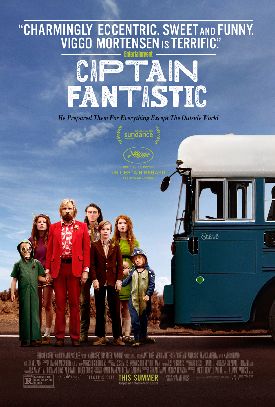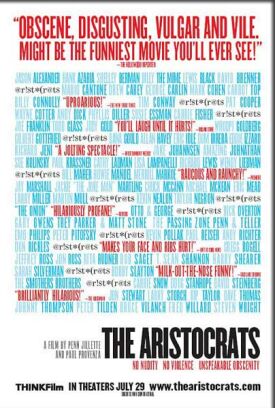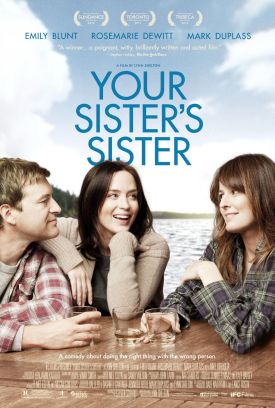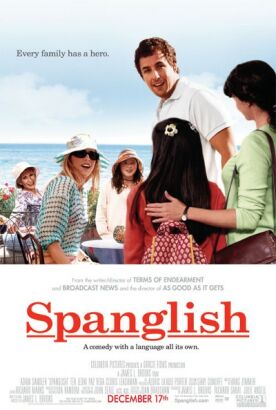Captain Fantastic
It seems to me entirely appropriate that the title of Captain Fantastic, otherwise far from clear in meaning, makes Matt Ross’s movie sound like yet another super-hero flick. His hero, Ben Cash (Viggo Mortensen), a militant hippie living in the picturesque forests of the Pacific Northwest with his wife and six children, is every bit as fantastical as the most outlandish of the Marvel Comics universe. He also suffers from the same crippling vulnerability that so many of the cartoon heroes do, something far more deadly than Kryptonite, which is that both he and his creator make the fatal mistake of expecting us to take him seriously.
That’s a pity, because the idea of the film is a good one. It’s only about half-way through it that one realizes with a bit of a start that Mr Ross doesn’t actually know that Ben is a political and social absurdity, half right-wing survivalist and half far left Maoist, who engages in the oxymoronic posturing of the 1960s flower children. Though he (and the children, acting under his direction) pretend to communist-revolutionary sentiments (“Power to the people! Stick it to the man!” is the call and response between father and children), their idea of revolution is the politically inert but very Emersonian/Thoreauvian decision to hold themselves entirely apart from any potentially revolutionary masses, along with all the rest of a society they hold in contempt.
There are still a lot of people of my generation who remain similarly blind to the fact that a drop-out revolutionary is a contradiction in terms — though not many are so far gone as Ben, who has taught his children to celebrate Noam Chomsky’s birthday instead of Christmas. You might think that sounds like gross caricature, but it proves not to be so, at least not in Mr Ross’s eyes, as the works of Professor Chomsky also provide the inspirational quotation for the film’s would be inspirational peripeteia. Perhaps he and his family celebrate Noam Chomsky day as well.
The professor himself, one suspects, would point out the contradiction between Ben’s supposed political ideology and his quasi-tribal way of life. The film actually begins with a communal deer hunt by Ben and his children that turns into a rite of passage to manhood for his oldest son, Bo (George MacKay). Ben, we may surmise, hasn’t yet got the memo about hetero-normativity and binary gender prejudice as the latest form of racist-capitalist-imperialism slated for extermination by the new new left.
Another director would have Ben’s arrogant self-righteousness and contempt for the masses and their disgusting, consumerist ways set him up for a schooling in humility — and reality — and it looks as if something of the sort is on the way when, in the immediate aftermath of the suicide of Ben’s manic-depressive wife (Trin Miller), he gathers the children into a converted school bus for the long journey to New Mexico and a funeral at which his right-wing monster of a father-in-law (Frank Langella) has made it clear he will not be welcome. Surely, we think, when the children come in contact with the world outside their little Swiss Family Robinson idyll they, at least, will have to undergo some attitude adjustment.
But, insofar as they do, it proves to be only temporary. A younger, post-pubescent son (Nicholas Hamilton), who blames his father for his mother’s death, lashes out at him and briefly thinks he wants to stay with his awful grandpa. We also see Bo, embarrassed at his own unfamiliarity with today’s — or any other day’s — courtship rituals, burst out against dad with the reproach that “unless it comes out of a f****** book, I don’t know anything about anything.” Above all, when a daughter is badly injured while trying to retrieve her errant brother from grandpa’s clutches, dad himself suffers from what must be the first minutes of self-doubt he has ever known.
They don’t last. Ben barely has time to shave off his mountain-man beard before the children, now unanimous in their appreciation of him (and of mom’s bizarre posthumous wish to be cremated and her ashes flushed down a public toilet), persuade him that he and his hothouse educational methods (all the children have learned to speak fluent Esperanto, and are at degree-level in multiple other subjects) have been right all along — though the sojourn in the wilderness requires a bit of a re-think. In the end, all are content to settle for a rural cottage on a subsistence farm, the kids going to school with other children but at the same time keeping up with dad’s extra tuition — and his still-militant politics.
To me this aping of academic Marxism-Leninism — which otherwise Ben seems unaccountably to despise along with practically everything else in the world of everybody else — is the most annoying thing about this very annoying film. Who outside of a university common room identifies intelligence and scholarship with the politics of the infantile left or the childish play-acting of pretend revolutionaries? Both Ben and Mr Ross, as well as what the latter must have imagined as his target audience, are left in firm possession of the sublime self-satisfaction with which they began, still fancying they are sticking it to the man by remaining aloof from him, their political assumptions undisturbed by anything that has happened to them. Not that that will bother the professors and others who only watch movies to have their own prejudices confirmed.
Discover more from James Bowman
Subscribe to get the latest posts to your email.







